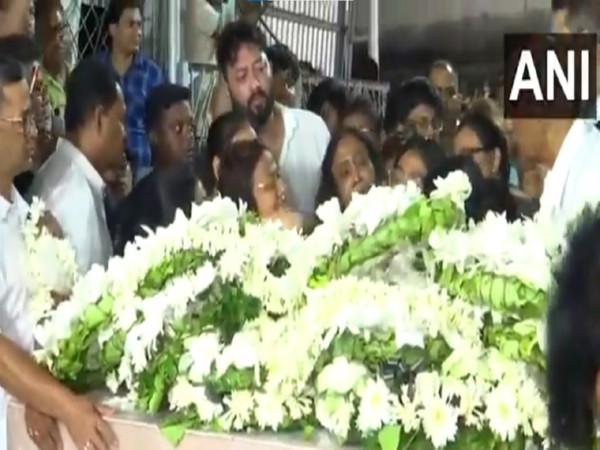"Hope article that integrates India with J&K...": PDP leader after SC reserves judgement on revocation of Article 370
Sep 06, 2023

New Delhi [India], September 6 : After the Supreme Court reserved its verdict on a batch of petitions challenging the abrogation of Article 370 in Jammu and Kashmir, Peoples Democratic Party (PDP) leader Mohit Bhan on Wednesday said he hoped that the article, which integrates the region with the Indian mainland, will be restored through its judgment.
Speaking to reporters on Wednesday, the PDP leader said, "Our party's stand has been clear from the start. After August 5, 2019, when Article 370 was removed unconstitutionally, we have been waging a legal battle for its restoration. The lawyers on our side have put forward strong arguments before the judges while the submissions by the defence were mere rhetoric,” Bhan said.
The five-judge Constitution bench, comprising Chief Justice of India DY Chandrachud, Justices Sanjay Kishan Kaul, Sanjiv Khanna, BR Gavai, and Surya Kant, on Tuesday reserved its judgement on a batch of pleas challenging the revocation of Article 370 from Jammu and Kashmir, after hearing arguments over 16 days.
The bench granted three days time to the parties to file written notes on their submissions in the case.
“We hope that the article, which truly integrates Jammu and Kashmir with the rest of India and served as a bridge between our region and the Indian mainland, will be restored by the Supreme Court," Bhan added.
The central government defended its decision of abrogating Article 370 in the apex court, saying there was no "constitutional fraud" in repealing the provision that accorded special status to the erstwhile state.
Attorney General R Venkataramani and Solicitor General Tushar Mehta argued for the Centre.
The advocates arguing for the central government told the five-judge bench that Jammu and Kashmir was not the only state whose accession to India happened through instruments of accession, as many other former princely states joined India, post-independence in 1947, with conditionalities and, after their merger with the rest of the country, their sovereignty was subsumed in the sovereignty of India.
Of the 565 princely states at the time of independence, the majority were in Gujarat and many had put forward conditions relating to taxes, land acquisition and other issues, the Central government told the bench.
A number of petitions were filed before the top court, by private civilians, lawyers, activists, politicians and political parties, challenging the Jammu and Kashmir Reorganisation Act, 2019, splitting the erstwhile state into two Union Territories — Jammu and Kashmir, and Ladakh.


















